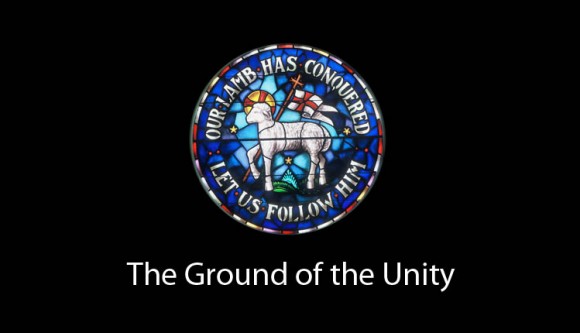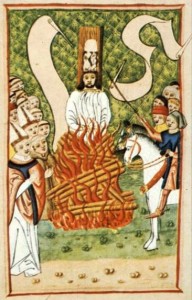The familiar hymn, “O God Our Help in Ages Past,” was written by Isaac Watts to respond to a political crisis and the resulting anxiety among the people of his nation and parish. Queen Anne of England was dying with no heir apparent to follow her. Many feared a recurrence of the turmoil and religious persecutions which had occurred in the past when one party had succeeded another in power.
If polls are to be believed, a substantial number of US citizens are apprehensive about the upcoming election. A political angst not unlike that of Watts’ time looms over us. Pondering events in his own time, Watts found assurance and inspiration in Psalm 90.
“Lord, you have been our dwelling place in all generations.” (Psalm 90: 1)
The resulting hymn celebrates God’s faithfulness and guidance in the past and affirms the Creator’s sovereignty in the midst of present uncertainty. Though we face constant change in our own lives and in the course of nations, a pattern of continuity and security emerges when we resolve to “dwell in the Lord.” God is “our hope for years to come, our shelter from the stormy blast, and our eternal home.”
Watts composed his hymn to respond to a time of crisis but its lyrics are equally apt for any occasion during which the church marks the passage of time and looks forward to see where God will lead it in the future.
Please join us on June 5th when we sing this hymn during 9:30 am worship as we observe the anniversary of East Hills Moravian Church. We will pause to remember what God has done for, with, and through this congregation in the past and then join with the psalmist in praying:
“Let the favor of the Lord be upon us and prosper for us the work of our hands.” (Psalm 90:17)
Pastor Derek French

 Mission and outreach on behalf of the Savior, rather than denominational expansion, was the initial focus of Moravian work In North America. Collectively and individually the church willingly made great sacrifices to bring the good news about
Mission and outreach on behalf of the Savior, rather than denominational expansion, was the initial focus of Moravian work In North America. Collectively and individually the church willingly made great sacrifices to bring the good news about 
